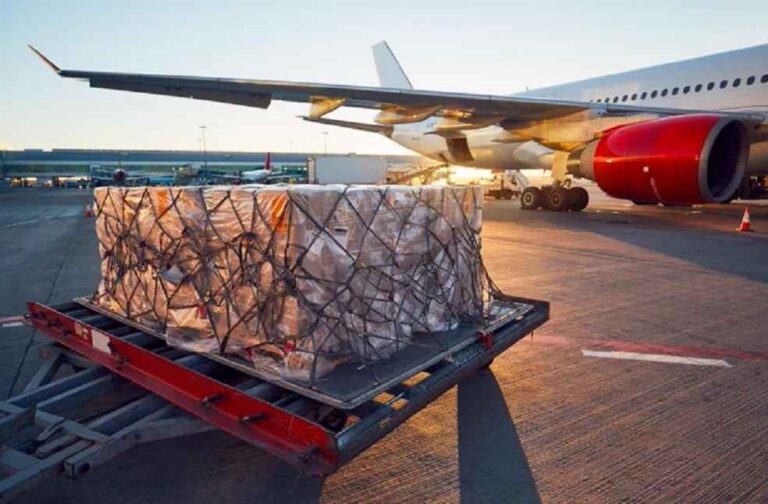The International Air Transport Association (IATA) has reported an ongoing recovery in the global air cargo markets for July 2023, despite various worldwide challenges including inflation and supply chain delays. Although the growth of air cargo is still trailing behind global trade, the gap has shrunk to -0.8 percentage points in June, the smallest margin since January 2022.
IATA’s Director General, Willie Walsh, noted that despite many fundamental drivers of air cargo demand remaining weak or deteriorating, the strengthening demand gives reason for cautious optimism. Walsh highlighted that while there are growing concerns over China’s economic development, shorter delivery times, typically a sign of increasing economic activity, are being observed.
Variation in Regional Performance
The performance across regions varied significantly. African airlines recorded the strongest result in July 2023 with a 2.9 per cent increase in cargo volumes compared to July 2022, notably on Africa-Asia routes. Asia-Pacific airlines also recorded a 2.7 per cent increase in air cargo volumes in July 2023 compared to the same month in 2022, a significant improvement from June (-3.3 per cent). This growth was attributed to the Europe-Asia, Middle East-Asia, and Africa-Asia trade lanes.

Contrarily, North American carriers recorded the weakest performance of all regions, with a 5.2 per cent decrease in cargo volumes in July 2023 compared to July 2022. This marks the fifth consecutive month in which the region had the weakest performance, although it was a slight improvement compared to June (-5.9 per cent). The transatlantic route between North America and Europe witnessed traffic declining by 4.3 per cent in July, 1.2 percentage points worse than the previous month.
Diverse Economic Indicators
The global supplier delivery time PMI was 51.9 in July, signaling fewer supply chain delays, with all major economies except China having PMIs above 50. The picture of inflation was diverse in July, with US consumer prices increasing for the first time in 13 months, while both consumer and producer prices declined in China, indicating a possible deflationary trend.
Walsh noted that the evolution of this trend in the upcoming months will be crucial to observe. “At the same time, we are seeing shorter delivery times, which is normally a sign of increasing economic activity. Amid these mixed signals, strengthening demand gives us good reason to be cautiously optimistic,” he said.

Overall, the air cargo industry is demonstrating robustness despite global challenges, with demand bolstered since February. Nonetheless, with many fundamental drivers of air cargo demand still weak or deteriorating, and diverse economic signals, it will be crucial to carefully monitor the situation in the upcoming months.
IMEX SECTOR | Greece and China Intensify Shipping Finance Ties in Turbulent Times



